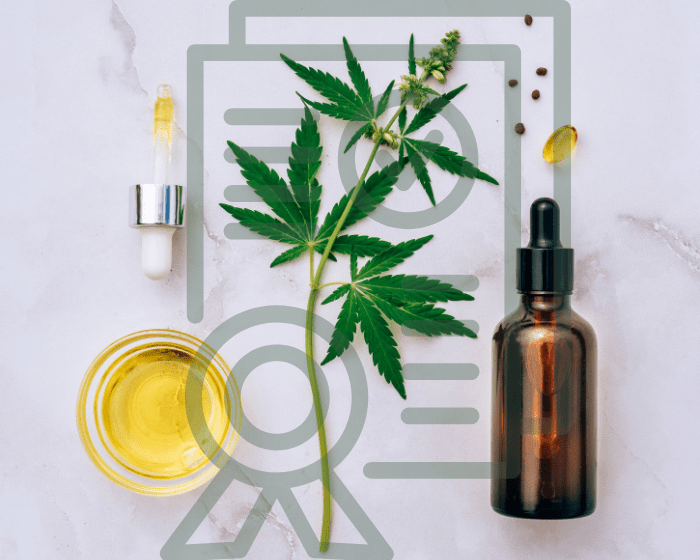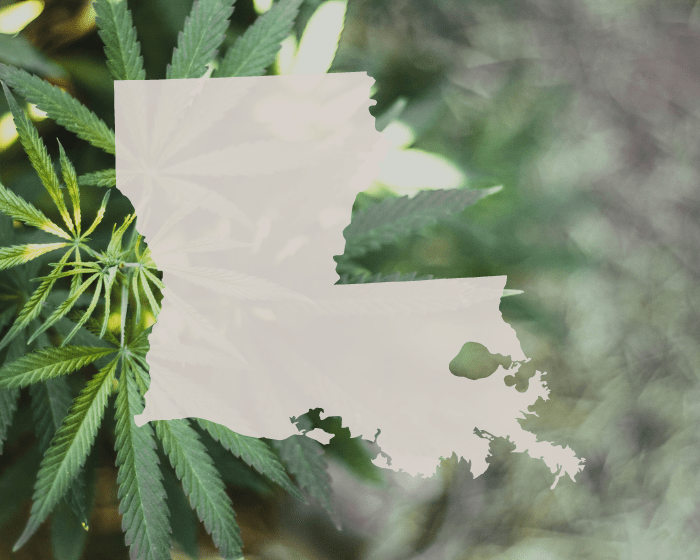Study finds 58% of CBD products are labeled inaccurately. Some contain heavy metals.

More than half of CBD products marketed in the United States don't actually contain the amount of CBD indicated on the label, reports Forbes.
The recent study that informed the business magazine's report was published in an in-progress issue of the journal Science of the Total Environment.
Researchers analyzed 516 edible and topical CBD products on the US market. Here’s what they found:
- 42% of products contained the amount of CBD stated on the label
- 40% contained less than 90% of the CBD indicated on the label
- 18% contained more than 110% of the CBD indicated on the label
“[T]he measured values of CBD were more likely to be less than the CBD labeling claimed on the label," the study said.
“The measured values of CBD were more likely to be less than the CBD labeling claimed on the label.”
— Study authors Hannah Gardener, Chela Wallin and Jaclyn Bowen
In May, the Minnesota based news station WCCO tested 10 CBD and delta-8 THC products. Similar to the results of the published study, the actual amounts of cannabinoids in some products were lower, others higher than what the label claimed. Nothing But Hemp’s products contained the cannabinoids as labeled in its capsules and gummies. It had slightly less delta-8 THC than the label indicated in one tincture. (That product is no longer sold by the company due to changes in the state's hemp THC laws.)
‘Low-Level Contamination is Pervasive’
The study also found the presence of heavy metals including lead, mercury, arsenic, cadmium, and phthalates in some edible CBD products.
“[N]ot all edible CBD products contain high concentrations of these toxic contaminants,” Dario Sabaghi wrote for Forbes.“This study's findings show low-level heavy metal and phthalates contamination of edible CBD products is pervasive.”
It’s possible that the metals are coming from the cannabis itself, according to Sabaghi. Cannabis absorbs contaminants from the soil as it grows. This property has been harnessed to help pull toxins from sites with contaminated soils, a process known as phytoremediation. But it’s a problem if cannabis raised for CBD is absorbing contaminants without a grower’s awareness.
“As the authors of the study suggest, the high levels of heavy metals in cannabis grown in contaminated soil is primarily unintentional and only identifiable through testing the soil and plants …” writes Sabaghi. “However, the lack of information on heavy metal contamination in cannabis products represents a public health concern due to the growing popularity of CBD products, according to the study's authors.”
This is especially important because, as the study noted, CBD products are “of particular interest among medically vulnerable people.”
The study’s authors said the results show the need for CBD regulation and monitoring.
“These results highlight the need for tight regulations over CBD product label integrity to protect consumers,” the study reads. “Swift actions and reform by regulatory agencies (e.g., the Food and Drug Administration, FDA) have the potential to ensure label accuracy and alleviate concerns of vulnerable consumers who rely on these products for health promotion and lifestyle support.”








































